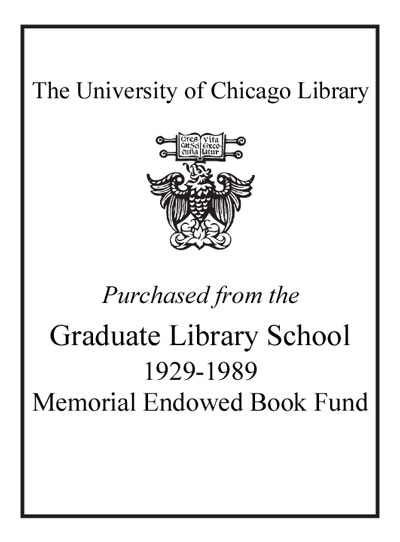The Partition of India became an inevitable reality in the wake of successive events in Bengal. However, the Partition experience on India's eastern front was very different from that on its western border. The effect of these events on the communities concerned is evident in the shorter fiction that has since emerged in Bengali, which is the subject of this volume. This particular perspective will throw a distinct slant on a post-colonial evaluation of the Partition, and its effect on eastern India. The near 'silence' that has existed till very recently round the violence faced by people fleeing across the Bengal border, is striking, and the 'gaps' and 'absences' that exist, can be answered and filled in by the retelling of such experiences in the tales of an exodus that has changed the cultural, social and economic character of a divided Bengal, having an effect on modern India and the new nation of Bangladesh, thus raising questions about what is post-colonial. The stories depict the nature of this difference in their focus and what they have to tell. Much has been written on the history, politics and social background which led to Bengal's Partition, but the actual experience of the people who were affected by the Partition has not been explored and can be recovered from oral histories and interviews or gleaned from the fiction, retelling the violence, the trauma, the small acts of humanity which the people--riot torn and/or dislocated or of those who found themselves in the 'wrong' country, experienced. There has been a notable surge of interest in the Partition of India since the fiftieth year of Indian Independence in 1997. It has been a time to reflect, look back and weigh what India gained or lost as a result of decolonization. Like the Punjab, Bengal was partitioned at the time of the formation of Pakistan and the re-emergence of India as a nation. Excerpted from Bengal Partition Stories: An Unclosed Chapter by Bashabi Fraser All rights reserved by the original copyright owners. Excerpts are provided for display purposes only and may not be reproduced, reprinted or distributed without the written permission of the publisher.

